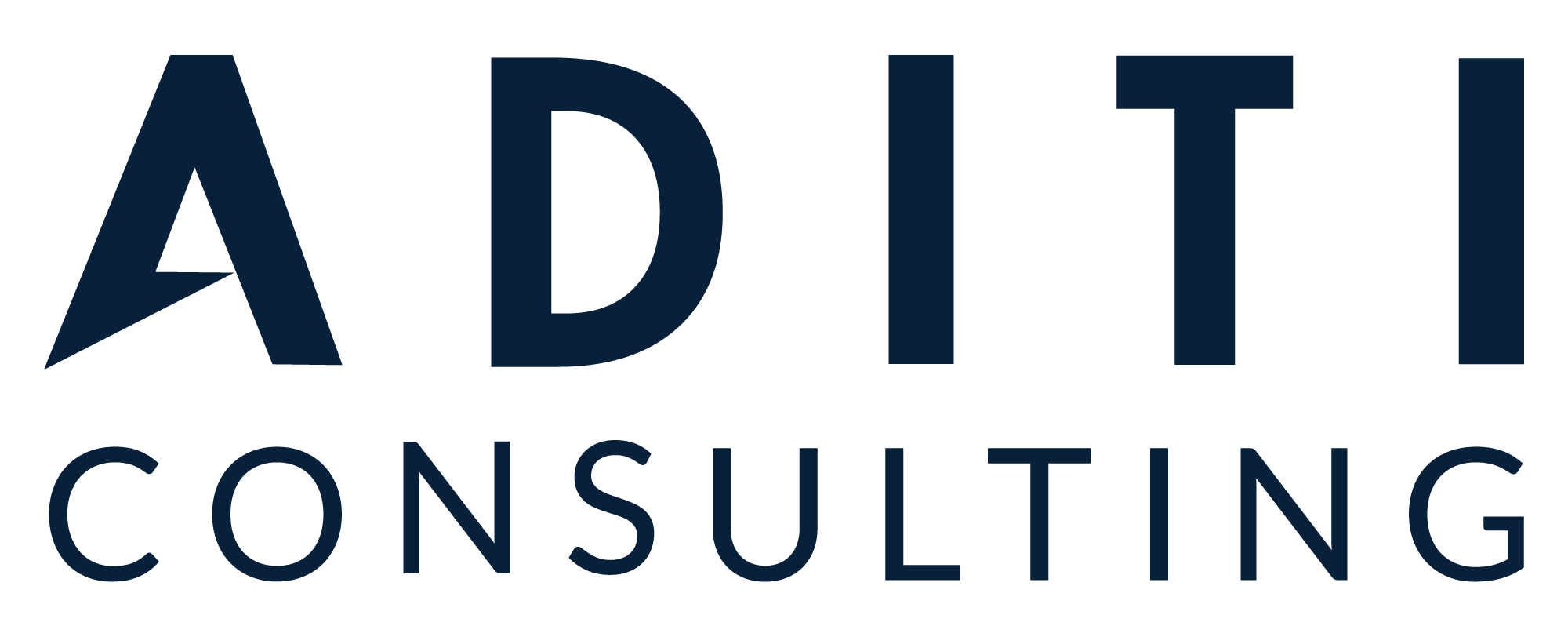Dive Brief:
- Accenture booked $900 million in generative AI business during Q3 2024, for a total of $2 billion during the fiscal year, the professional services firm reported Thursday.
- AI remains a small but growing part of the company’s total bookings, which were $21.1 billion for the three-month period ending May 31. Bookings grew 22% year over year even as the firm’s revenue declined by 1% to $16.5 billion, split roughly in half between consulting and managed services.
- Eagerness to adopt AI technologies drove spending on large data and ERP modernization projects, Accenture CEO Julie Sweet said during the company’s Thursday earnings call. “Every other GenAI project is now leading to some data project,” the executive said, noting that clients understand that their data systems need to be upgraded.
Dive Insight:
Enterprises moved quickly to pilot potential generative AI use cases, lured by rapid advancements in large language model capabilities and ease of access to the technology. Scaling is a heavier lift — and a slower process.
For most enterprises, implementing AI across the business requires cloud-based infrastructure, a strong digital core and ERP modernization, Sweet said. “Nearly all clients are finding it difficult to scale GenAI projects because the AI technology is a small part of what is needed,” she added.
The firm added 23 clients with quarterly bookings in excess of $100 million in Q3, increasing the total number of large-scale customers to 92 for the fiscal year, up from 85 during the same period last year.
Most of Accenture’s clients are in “experimental mode” with generative AI, according to Sweet. Their focus, she said, is on cloud, data and application modernization.
The firm continued to see a drop-off in other categories of discretionary spending, “particularly in smaller projects with delays in decision making and a slower pace of spending,” Sweet said.
Internally, Accenture is beefing up its AI workforce with a strong focus on data skills, according to Sweet. The company now has approximately 55,000 skill data and AI practitioners with a goal of reaching 80,000 by the end of FY26, the executive said.
The company acquired learning platform Udacity in March as part of a $1 billion AI skills push and has spent $5.2 billion year-to-date building its M&A portfolio, CFO KC McClure said during the earning call.














